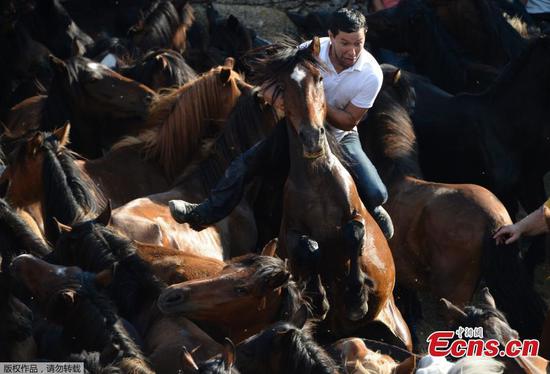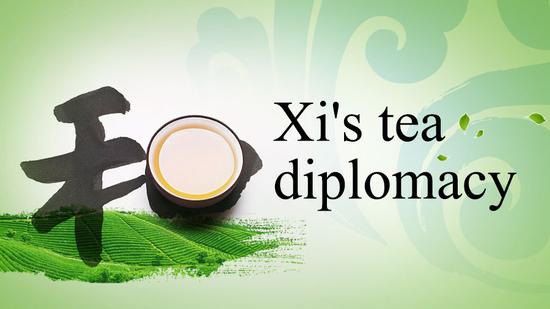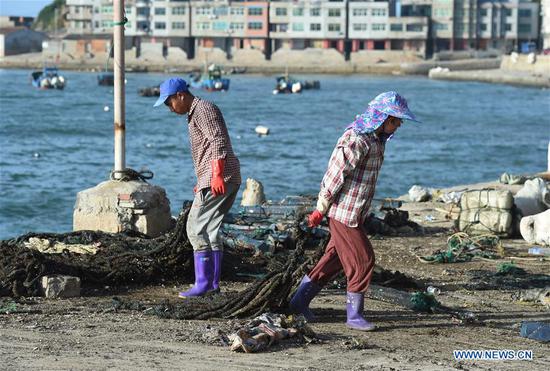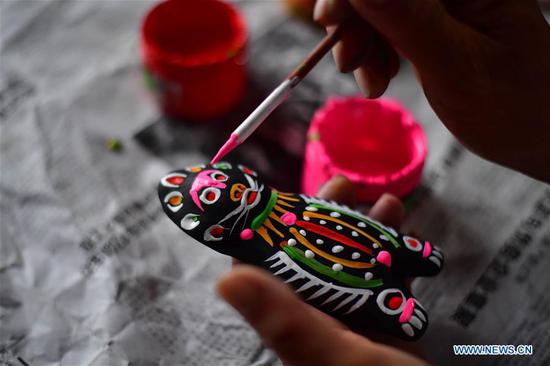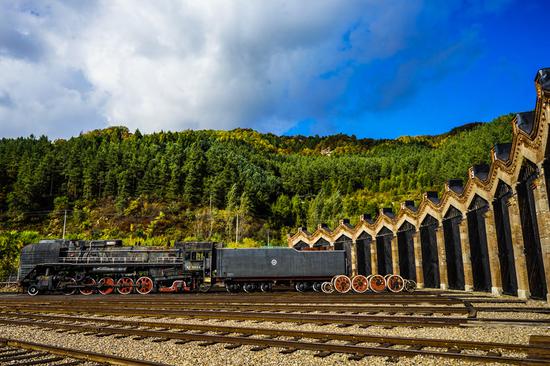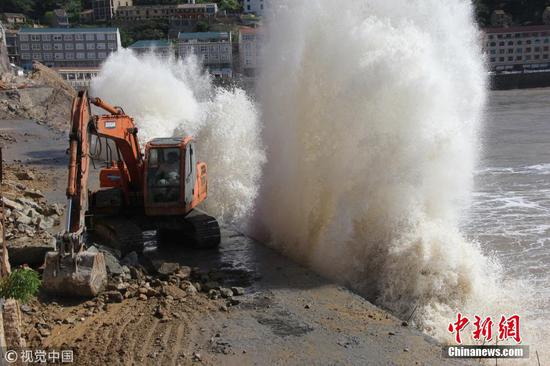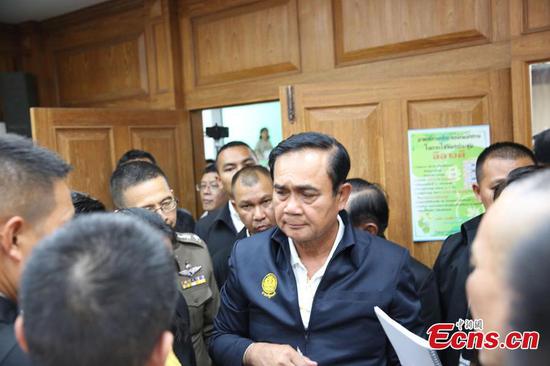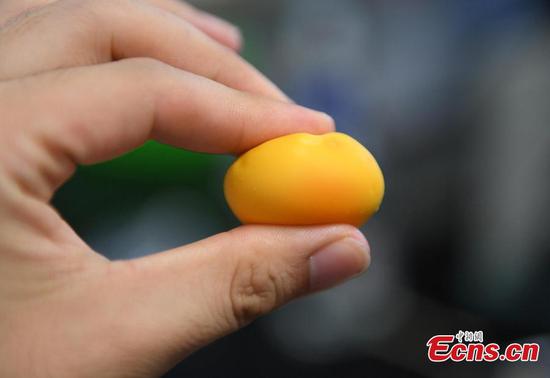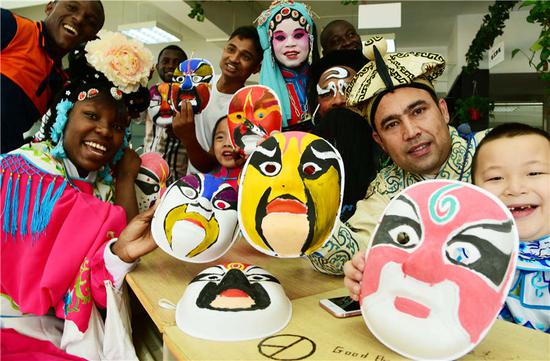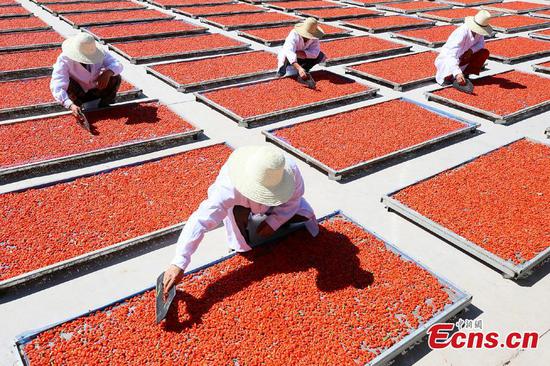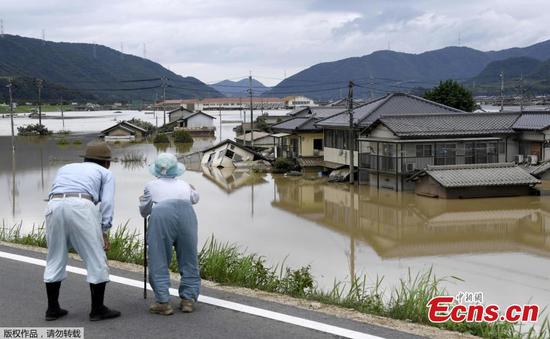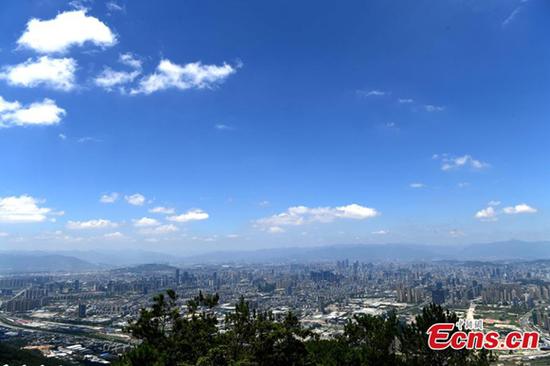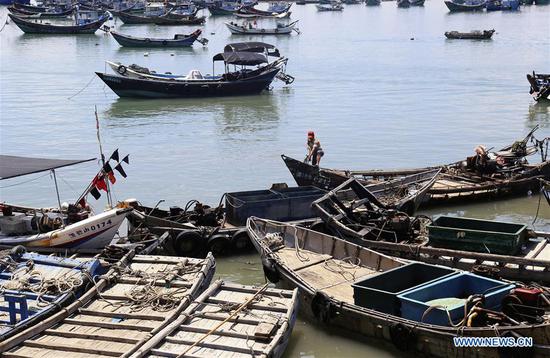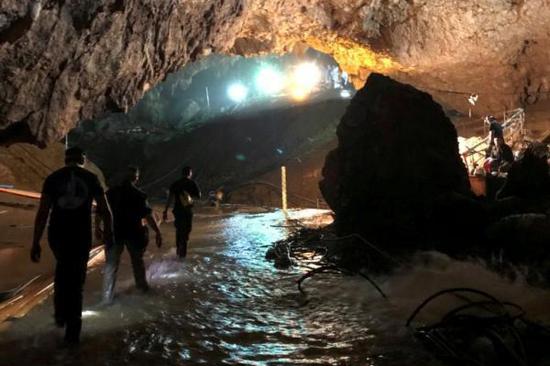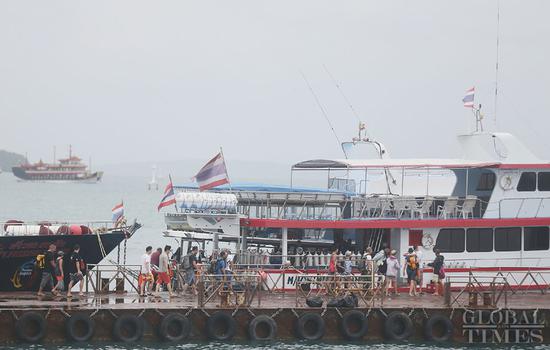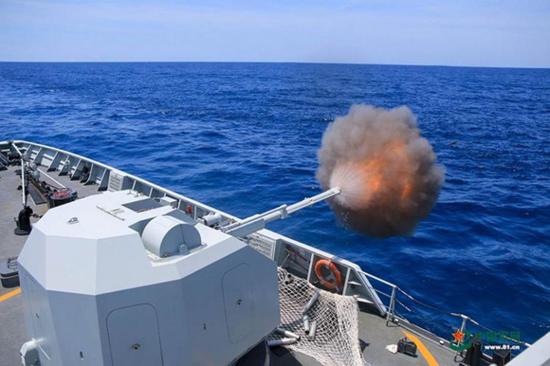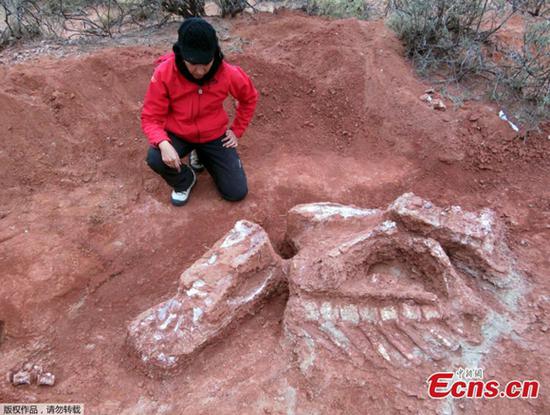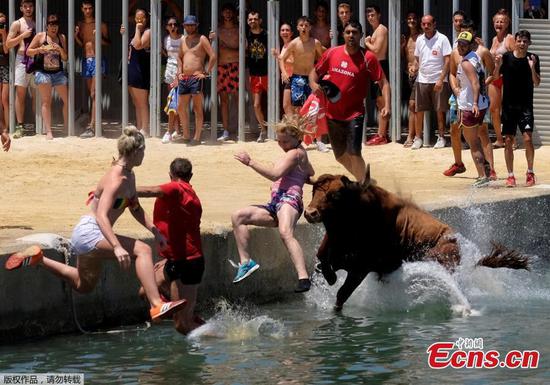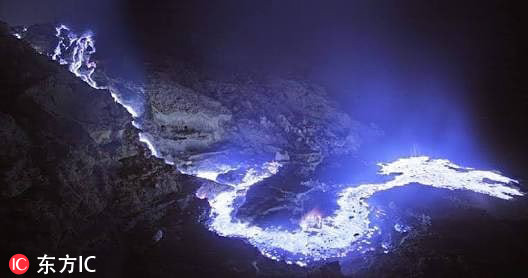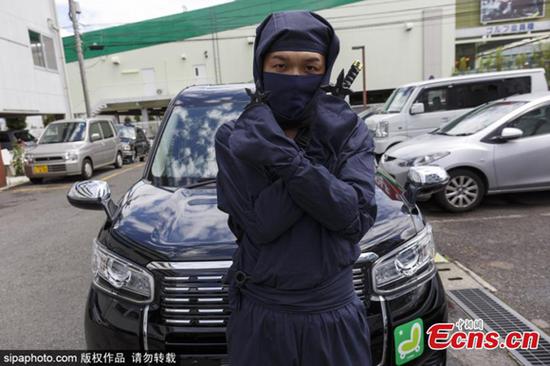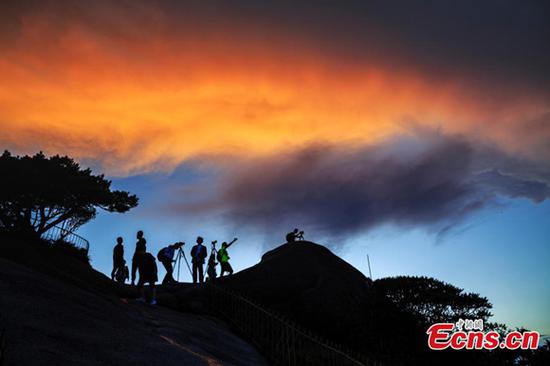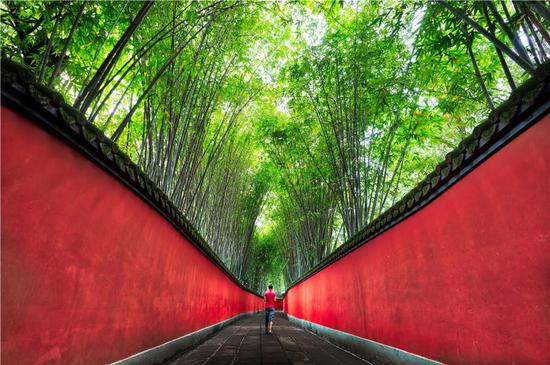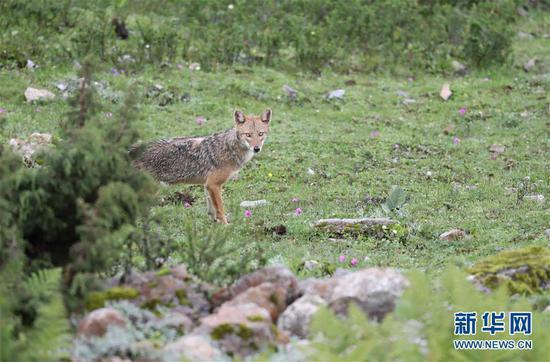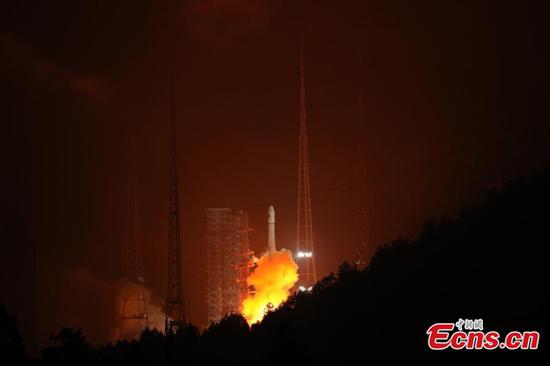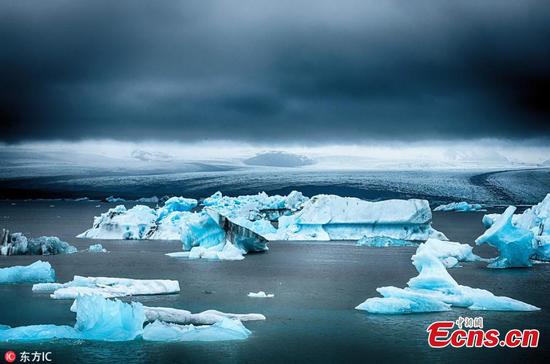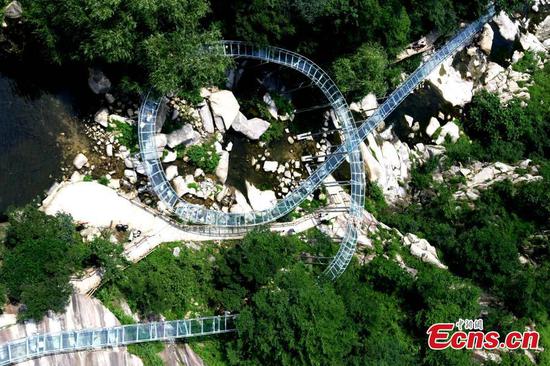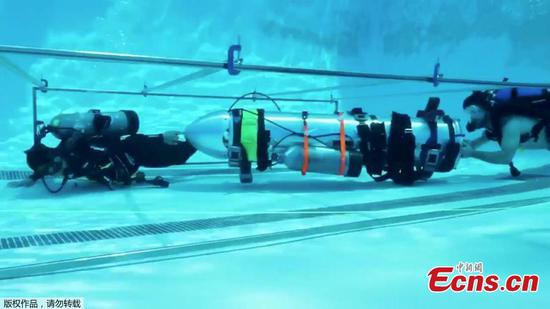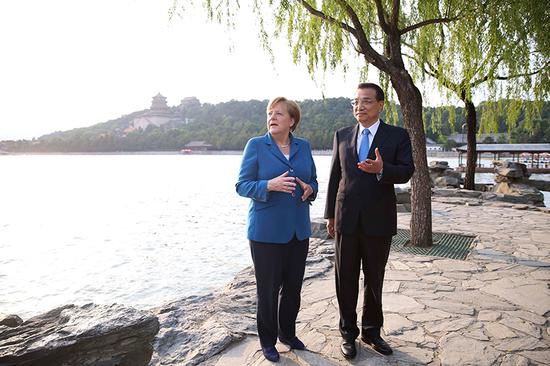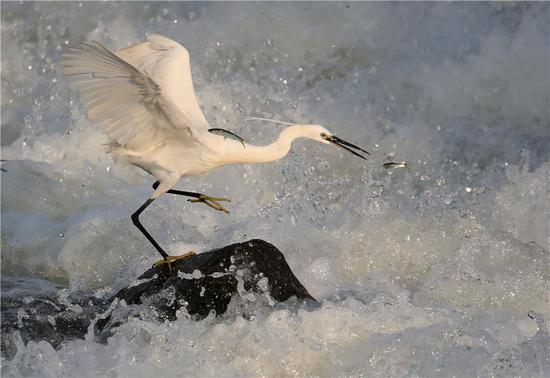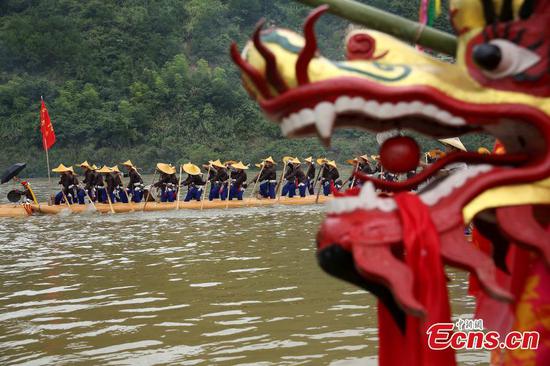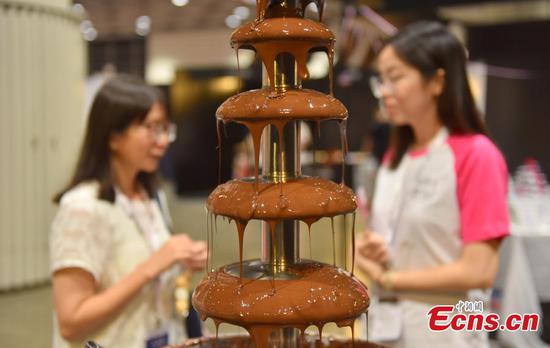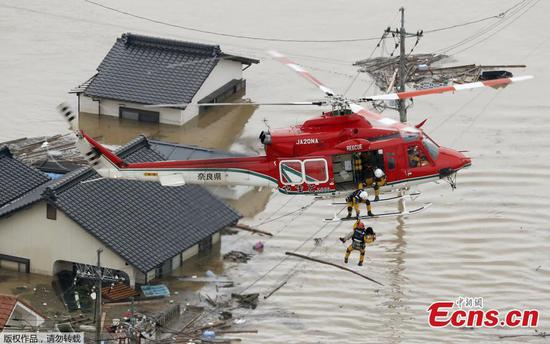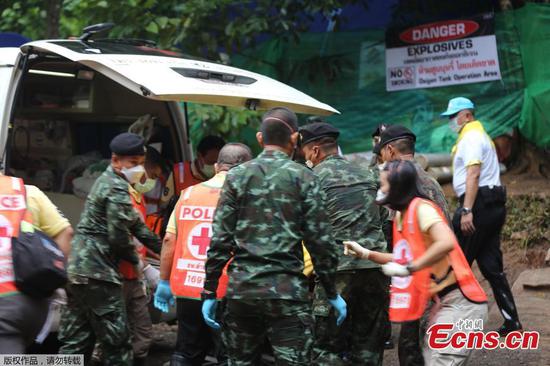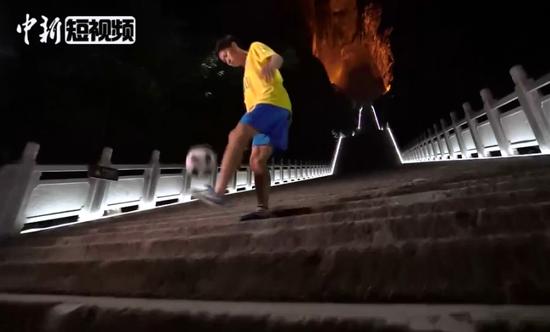‘Soilization’ to serve countries along Belt and Road route
New Chinese technology is expected to convert part of a desert in the Middle East into arable land, which will also serve countries along the Belt and Road route, a research team said Tuesday.
The Chongqing Jiaotong University team selected a desert in Abu Dhabi, one of the United Arab Emirates' (UAE) seven emirates, after it signed a cooperation agreement with local company Mawarid Holding on July 3, the research team told the Global Times on Tuesday.
The technology, called "desert soilization" by the researchers, mixes sand with a special solution obtained from plant extracts "which endows sand with the ability to store water, nutrients and air, and the ability to breed microorganisms as arable soil does," Zhao Chaohua, a member of the research team, told the Global Times on Tuesday.
The team will be given 10 square kilometers of desert to cultivate desert grass, vegetables and shrubbery, where 85 percent of the land is considered "naturally degraded" by the government, the Abu Dhabi-based newspaper The National reported on July 4.
Before the Abu Dhabi program, the team had successfully set up five experimental sites in China with a total area of 666.7 hectares, according to Zhao.
In one of the experimental sites in Ulan Buh Desert in North China's Inner Mongolia Autonomous Region, the research team successfully cultivated more than 70 plants, including wheat, corn and sunflowers, Chongqing Morning Post reported.
The new technology can be applied to deserts in every part of the world, though "the types of plants which can be cultivated would depend on local climatic conditions," Zhao said.
Zhao added that countries in the Middle East, North Africa and Australia have contacted the team for potential cooperation.
With a desert climate, the UAE's annual precipitation is below 100 millimeters, data on climatestotravel.com shows. The country's average summer temperature is 45 C.
Abu Dhabi is an opportunity to see if the technology can be applied in one of the most extreme climates on Earth, The National reported.
"We hope to serve the countries along the Belt and Road initiative … many countries along the route are suffering from [desertification] and are in need of the 'soilization technology,'" The National quoted Yi Zhijian, the head of the research team, as saying.
The technology can not only assist the UAE "but also provide a solution to the desertification issue, the 'cancer of the earth,'" said Li Tian'an, Party chief of Chongqing Jiaotong University, at a press conference in Abu Dhabi on July 3.
Desertification is expanding at a speed of 50,000 to 70,000 square kilometers globally every year, according to a thesis published on Chinese technology journal Engineering in 2016.









